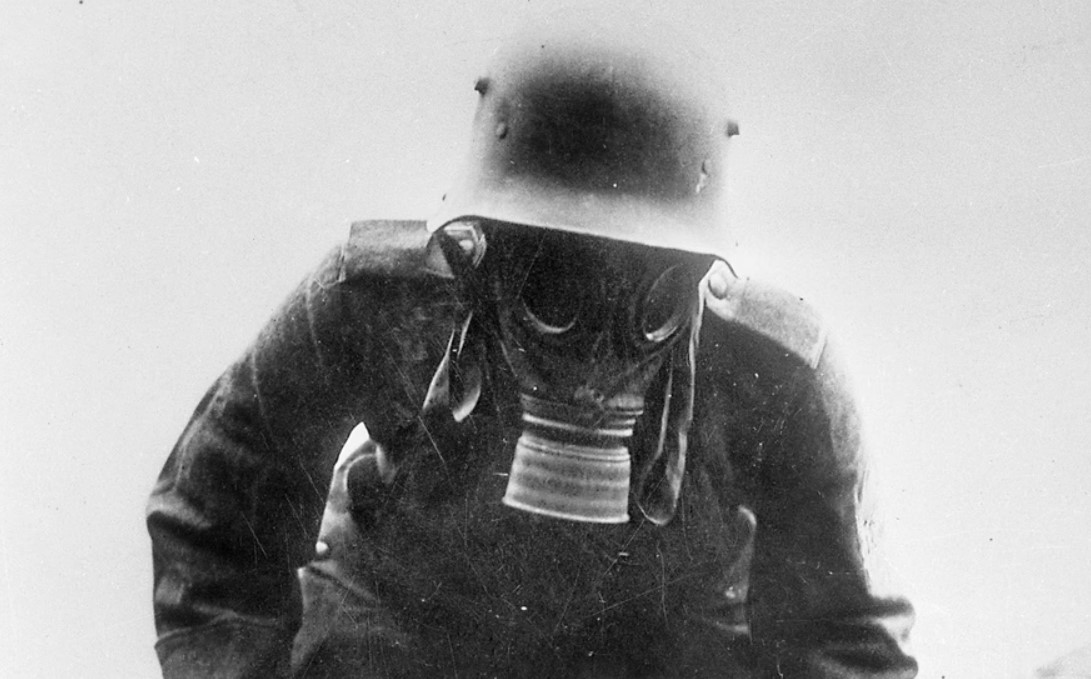In the introduction to her most recent book, Moral Clarity, Susan Neiman paraphrases Immanuel Kant – “Truth tells us how the world is; Morality tells us how the world ought to be.” It is the ability of men to imagine how the world ought to be which has formed our modern world. Our sense of moral possibility has inspired us to recreate democracy, expand and defend individual freedoms, and broaden civil rights.
In man’s brief moral history, we have moved past human sacrifice, crucifixion, public dismemberment, mass slavery, and monarchy. Yet morality struggles to keep pace with technology. We banned biological and chemical weapons just this last quarter century. Recently we have moved nearer a global ban on landmines and cluster munitions, which have unintentionally killed and maimed thousands of innocent civilians long after conflicts have ended.
Despite this progress, morality will remain forever situational. Morality during war, especially so. Morality when facing an imminent existential threat ….? It is this situational nature of morality – the synaptic battles between morality and fear, morality and self-interest – which impedes our moral consistency and occasionally sets us back.
The sliding-scale nature of morality is laid especially bare during the stresses of war, or when corrupted by charismatic yet murderous leaders. Men, especially men with modern means, are indeed capable of evil. I once toured Auschwitz with a group of young Polish students eager to show me the darkness in their backyard. No interpreter was needed. The room filled to the ceiling with tumbled and tangled eyeglasses still looks back. Genocidal madness and politically fomented fratricide erupted far too frequently this last century.
But it is not evil men who pose the only risk for using nuclear weapons. Since morality operates on a sliding scale, good men are capable of acts that in other circumstances would never be considered. Before the bombing of Pearl Harbor, would we have thought it possible to round-up and unlawfully imprison over 100,000 American citizens of Japanese descent? Before the nightly air bombing of London, would the targeting of civilian populations in the fire-bombings of Dresden and other cities been foreseeable?
Former General Secretary of the Soviet Union Mikhail Gorbachev got it right when he said, “It is my firm belief that the infinite and uncontrollable fury of nuclear weapons should never be held in the hands of any mere mortal ever again, for any reason.” Having once shouldered their power, Gorbachev knows the soul-dragging weight of their moral burden.
Because there is evil, and because good men’s actions and decisions are so susceptible to the circumstances of the moment, and therefore, unpredictable – our safest course is to ensure that no one has the capacity to make a fateful nuclear decision which could instantly end millions of lives.
We are best equipped to make the correct moral calls in times of relative calm rather than during the height of conflict. Our decisions on what constituent’s legitimate weapons of defense – and what does not – should be made during these periods of comparative calm. This is the opportunity we have before us now, and have had before us since the collapse of the Soviet Union over twenty years ago.
This is not to say we are without threats. But it is to say we are today without threats which can best be dissuaded by waving the nuclear wand.
The real threat of nuclear terrorism is best countered by preventing terrorists from obtaining these weapons. Since only nation-states have the ability to produce the fissile material used to manufacture nuclear weapons, a step by step, verifiable global ban on both nuclear weapons and fissile material, is the low risk path to improved national and global security.
So now, when our security interests are aligned with our moral instinct to minimize civilian casualties – now is the time to enact a global ban on nuclear weapons. A global ban reshapes the modern world as it ought to be. It is the inspired next step in our ongoing moral evolution.

